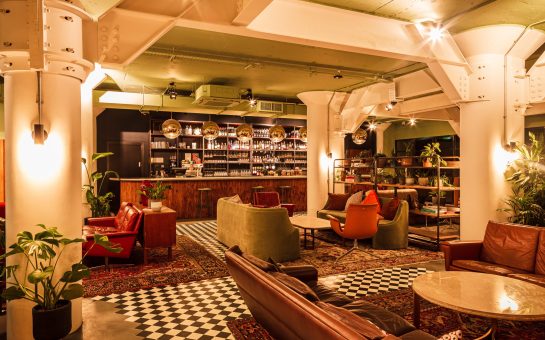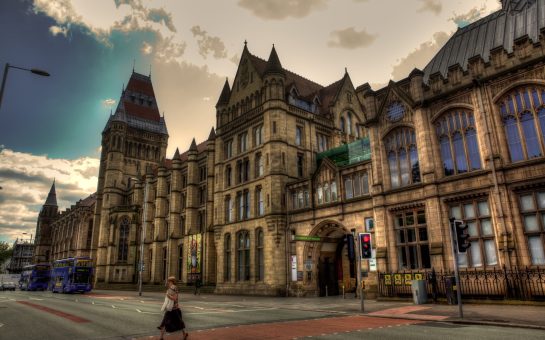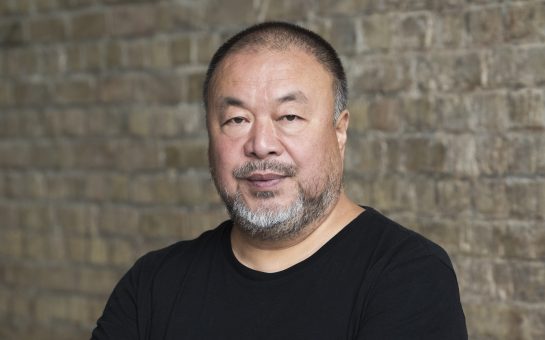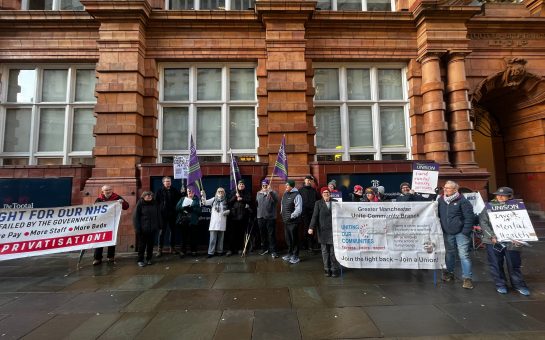Strolling around an art gallery, watching the latest blockbuster at the cinema, cringing at a bad comedian.
These are just some of the things we would get up to on any given day, but this year has been different.
As Covid-19 took over 2020 and is set to carry on into 2021, nationwide lockdowns have forced cultural venues to close.
Injected with cash through the Culture Recovery fund back in August, arts organisations are still struggling to survive as customers are kept at bay.
But what effect has the closure of these arts venues had on our personal mental wellbeing?
Ashely Summerfield, 23, said: “I normally go to the cinema about 100 times in a year.
“It’s not only for sort of entertainment purposes, it’s sort of like an escape for me, sort of a coping mechanism and a way that I can get away from all the negativity in the world.
“For a couple of hours, I can sort of escape to a new world.”
Engaging with the arts is known to have a hugely positive effect on our mental and physical health.
Creativity is linked to reduced anxiety, improved self-confidence, and a stimulation in cognitive function in the elderly.
For Carys Rew, 25, the crafting activities she’s been able to maintain are what helped her to manage this year: “I genuinely think that if I wasn’t a creative person, during this lockdown and the last lockdown, I literally don’t know how I would have coped.”
But these artistic outlets haven’t made up for the sense of community and shared experiences cultural venues can provide.
Without the arts life is a lot lonelier.
Miss Rew said: “I miss being around people and being out, I need that.”
This sentiment is echoed by Stella Barnes, creative director at Community Arts North West (CAN), an arts development organisation which supports urban communities and ethnic minorities.
She said: “When you go to an arts event or you do something creative with other people it’s that moment in your life when you use words like amazing, moving, extraordinary.
“I think that during these nine months or so I’ve hardly ever heard people say that.
“Those special shared moments are really important in our identity, in our wellbeing and how we make sense of the world, how we think about our own humanity.”
CAN works with marginalised people, many of them refugees, giving artists from disadvantaged backgrounds a platform and bringing communities together through creativity.
Covid-19 has been particularly hard on them, as many have been left without government support and have struggled to find work.
Ms Barnes added: “They’re already quite isolated, probably living in quite economically challenging circumstances to begin with and then Covid has meant no commissions and lots of work cancelled.
“A lot of artists we work with have told me they’re questioning whether they can work as an artist.”
One such person CAN works with told Ms Barnes the lack of work has left him feeling aimless: “He said, you know, ‘I lose track of days because every day feels the same and the horizon is empty and sometimes, I go through several days and I think what did I do with those days?’
“‘They just slipped through my fingers.’”
Throughout the pandemic CAN has worked hard to give people a sense of purpose again, by hiring artists for projects, like the digital art they commissioned for Refugee Week.
They have also launched multi-lingual workshops on YouTube and provided care packages for vulnerable teenagers filled with craft supplies and story making materials.
Their new project CAN Do Creatives is a free training programme for unemployed creatives providing CV help, networking opportunities and teaching on how to get funding for projects.
Ms Barnes said: “We really tried to do our best to support people and inject some optimism that there are ways that you can move forward and that this isn’t forever.”
As for the future, she hopes the arts will receive more financial assistance from the government and that cultural diversity will be championed: “From our perspective we want to know that all the arts organisations are on that journey with us, to make sure that cultural diversity is not affected by this.
“Manchester is such a culturally diverse city, and our artistic identity needs to reflect that.”
The future is uncertain for cultural centres across Manchester and the experiences that provide comfort and escapism for so many remain out of reach as the pandemic rages on.
Ms Barnes said: “Manchester’s such an incredible creative city, extraordinary city really.
“In a way the city is frozen, and it’s lost its lifeblood.
“We want it back desperately, but we want it back safely.”
Photo credit: Unsplash



